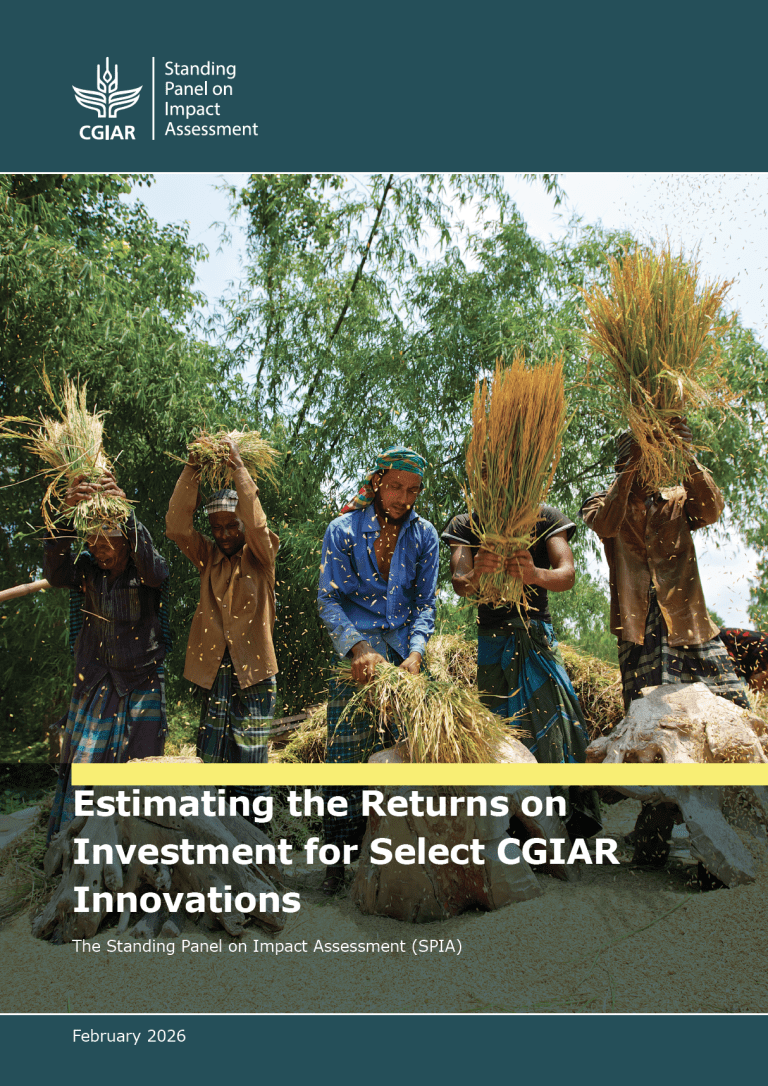Abstract
Policy-oriented research—defined as research aimed at identifying new or improved policies, regulations, or institutions (or their management) that enhance economic, social, and environmental welfare (Raitzer and Ryan, 2008)—is an important and growing part of CGIAR portfolio. Its importance is reflected in CGIAR’s Strategy and Results Framework as a cross-cutting outcome on “improving the enabling environment” through better policies and institutions.
To begin to document CGIAR’s contribution to this outcome, SPIA compiled data bases of 94 plausible policy outcomes of CGIAR research covering the period 2006-2014. Nearly all centers contributed outcomes, and they occurred at sub-national, national, regional and global scales. Outcomes range from the formulation of new policies to improving how existing policies are implemented. Overall, 57% of the outcomes reported focus on agricultural policies; 40% relate to NRM policies (including climate change); and the remainder comprise contributions to the implementation of social safety net policies.
Over the same period, relatively few quantitative ex-post impact assessments of policy-oriented research (POR) were conducted. While this likely reflects a rational assessment of the relative costs and benefits by research managers who would undertake such studies, there are still reasons to conduct such studies. Hence, the outcomes database can help to identify and prioritize outcomes—and type of outcomes—for which quantitative assessments could be most useful.
Access CGIAR policy outcomes database
This research was supported by ISPC-SPIA under the grant “Strengthening Impact Assessment in the CGIAR (SIAC).”
Citation
Renkow, M. (2018), Outcomes of Policy-Oriented Research in the CGIAR, Technical Note N. 4. Rome: Independent Science and Partnership Council.
Author(s)
Renkow,M.





